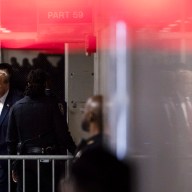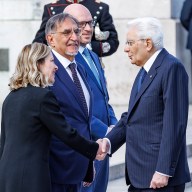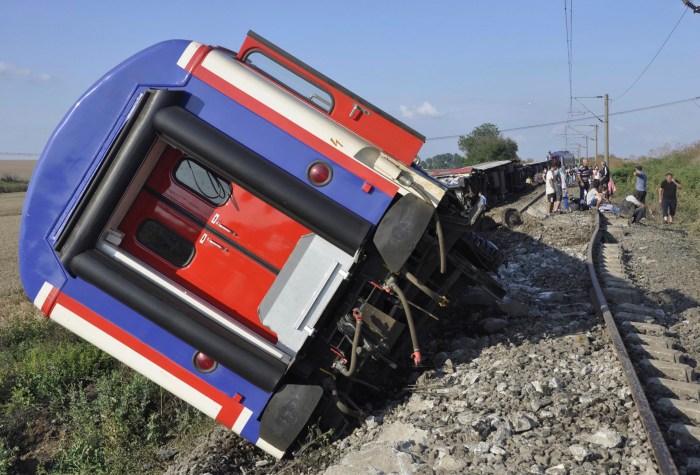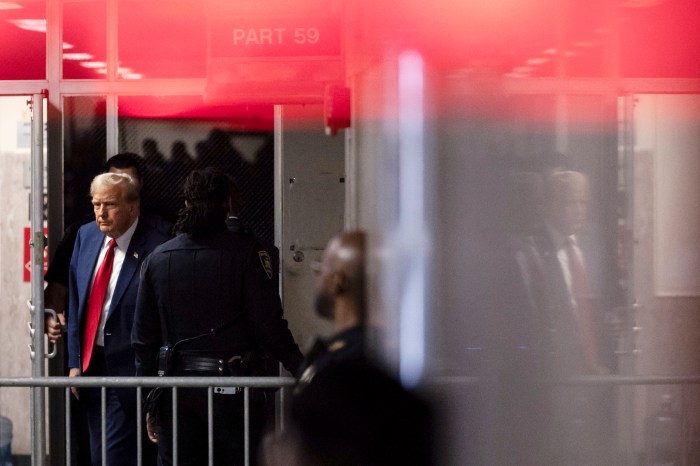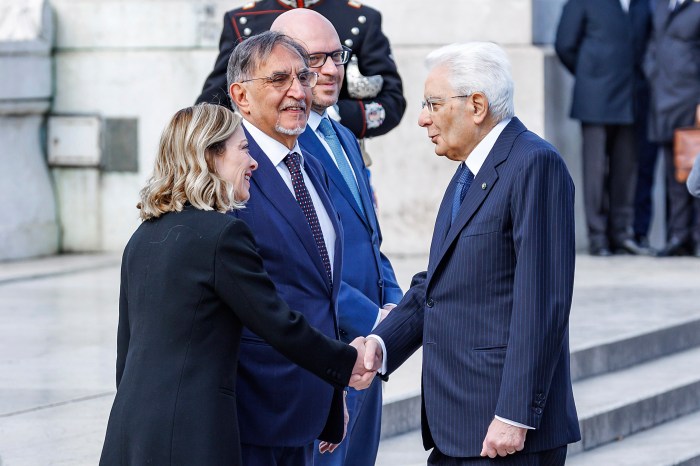OTTAWA – The U.S. security czar tried to turn the page on an embarrassing gaffe Wednesday by stressing a new era of border co-operation with Canada.
Homeland Security Secretary Janet Napolitano expressed apparent frustration with the media during a visit to Ottawa when reminded of her recent suggestion that Sept. 11 hijackers entered the United States from Canada.
Napolitano said her miscue over the brazen 2001 attacks on New York and Washington did not come up Tuesday during a meeting with Prime Minister Stephen Harper.
“It was not discussed. We know, and I know, that 9/11 terrorists did not cross the Canadian border. I regret that the Canadian media only seems to hear that, an earlier misstatement by me to that effect.”
Public Safety Minister Peter Van Loan, Napolitano’s Canadian counterpart, was also eager to put her mistake to rest
“I think the secretary has made her position quite clear. And we’ve accepted that and moved on,” he said at a joint news conference with Napolitano.
The controversy over American perceptions of Canada continues to simmer as the U.S. implements tougher border measures.
New rules that take effect Monday will require Canadians to show a passport or other approved document before entering the U.S.
Officials are trying to ensure the new requirements do not cause undue traffic tangles at border crossings.
Van Loan said the two countries can become “both more efficient and more effective in achieving our objectives” by sharing resources. “It’s possible to enhance security at the border without impeding the legitimate flow of goods and people. And those who view security and trade as a mutually exclusive tradeoff are simply wrong.”
Van Loan said the countries would do a joint threat-and-risk assessment of the border following calls for such a study from advocates of smooth trade and strong security.
“It will build trust, it will strengthen our co-operation,” he said. “It will strengthen enforcement and it will allow us to deploy our resources more effectively.”
Van Loan and Napolitano, who plan to meet twice a year on security matters, also announced measures to ensure communication between the countries during major disasters as well as cross-border movement of emergency crews.
A joint statement says they will continue to expand joint teams along the border to prevent criminals and terrorists from using the vast 49th parallel “to evade enforcement or to inflict harm on our two countries.”
Napolitano said Canada and the U.S. have mutual security interests. “We intend to build on those things, moving forward.”
When asked about cigarette smuggling through the Akwesasne aboriginal reserve that straddles the Canada-U.S. border near Cornwall, Ont., Napolitano said it was the first she had heard of the issue.
She also refused to address the question of whether Omar Khadr, a Canadian held by the U.S. in Guantanamo Bay, Cuba, should be sent home.
Van Loan said it would be “very naive” to think the threat of terrorism has passed, and suggested Canadians have a look in their own backyard.
“There are very real terrorist threats. And some of them, we have to confess to ourselves in Canada, are homegrown.”
He cited Momin Khawaja, an Ottawa man convicted of assisting a British terror cell, and the prosecution of several Toronto-area suspects who allegedly plotted to bomb targets.
“That’s evidence that we cannot ignore.”
Van Loan said cyber security is the new world arms race in that someone tries to break into government computer systems every day.
“We get better at it, they get better at it.”
Napolitano said Washington is equally concerned about cyber security.








